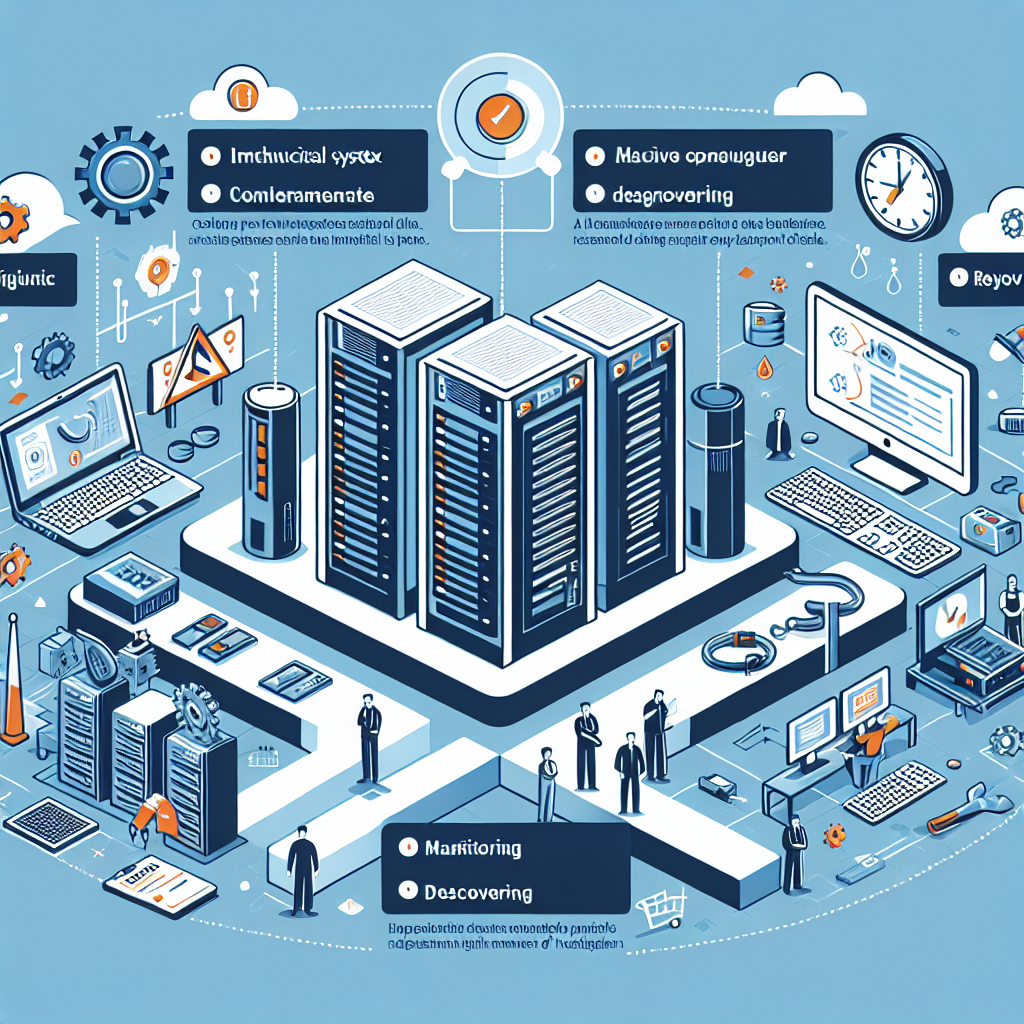Data centers are crucial hubs for storing, processing, and managing large amounts of data for businesses. However, they are also vulnerable to various incidents that can disrupt operations and compromise data security. It is important for data center managers to be prepared for these incidents and have a plan in place to handle them effectively. Here are five common data center incidents and how to handle them:
1. Power Outages:
Power outages are a common occurrence in data centers and can cause major disruptions to operations. To handle a power outage effectively, data center managers should have backup power sources such as generators or uninterruptible power supply (UPS) systems in place. Regular testing and maintenance of these backup systems are essential to ensure they are functioning properly when needed.
2. Equipment Failure:
Equipment failure, such as server crashes or network failures, can lead to downtime and data loss. To handle equipment failure effectively, data center managers should have spare equipment on hand and a plan for quickly replacing or repairing the faulty equipment. Regular monitoring and maintenance of equipment can help prevent failures before they occur.
3. Cooling System Malfunctions:
Cooling systems are essential for maintaining optimal temperatures in data centers to prevent overheating and equipment failure. Malfunctions in cooling systems can lead to overheating and damage to equipment. To handle cooling system malfunctions effectively, data center managers should have redundant cooling systems in place and monitor temperature levels closely. Regular maintenance and testing of cooling systems are also important to prevent malfunctions.
4. Security Breaches:
Security breaches, such as unauthorized access or cyberattacks, can compromise data security and lead to data loss or theft. To handle security breaches effectively, data center managers should have robust security measures in place, such as firewalls, encryption, and access controls. Regular security audits and monitoring can help detect and prevent security breaches before they occur.
5. Natural Disasters:
Natural disasters, such as earthquakes, floods, or hurricanes, can cause major damage to data centers and disrupt operations. To handle natural disasters effectively, data center managers should have disaster recovery plans in place, including offsite backups of data and a plan for quickly restoring operations. Regular testing and updating of disaster recovery plans are essential to ensure they are effective in the event of a natural disaster.
In conclusion, data center incidents are inevitable, but with proper planning and preparation, data center managers can handle them effectively and minimize the impact on operations. By having backup systems, regular maintenance, robust security measures, and disaster recovery plans in place, data center managers can ensure the continuity and security of their data center operations.


Leave a Reply